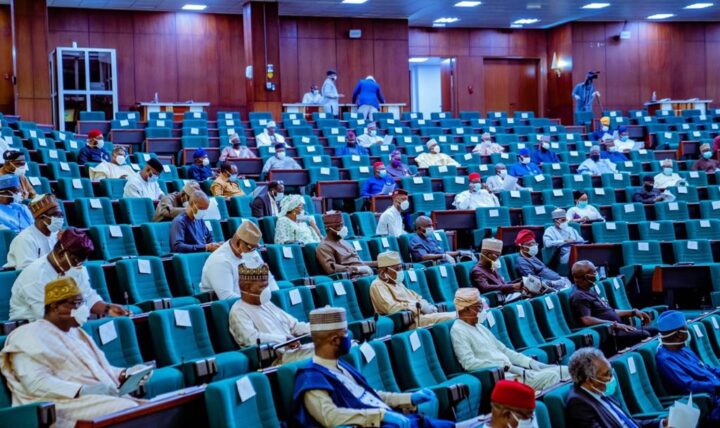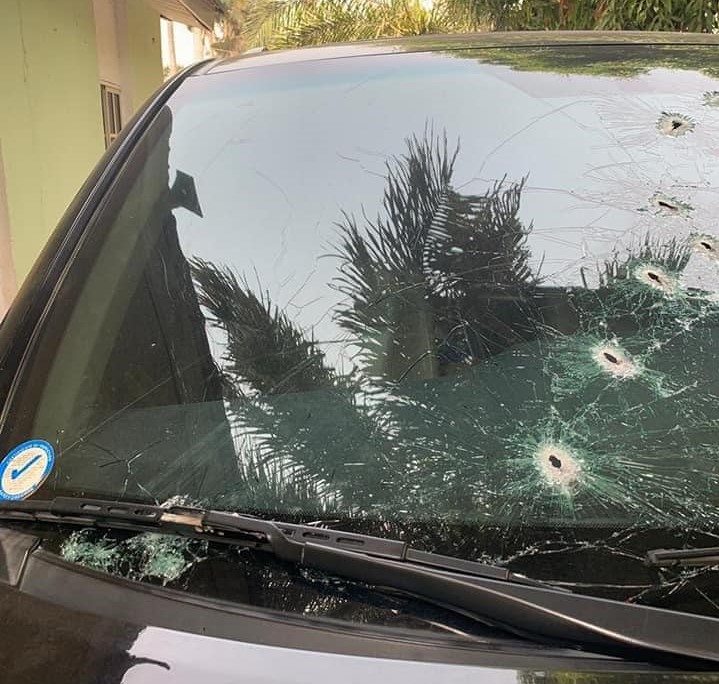A bill seeking to increase the educational qualification for election into the office of the president has passed first reading at the house of representatives.
The proposed legislation also seeks to raise the minimum academic qualification for election as a governor, state and federal lawmaker.
Sections 65, 106, 131 and 177 of the 1999 constitution state that a person must be qualified for election into the aforementioned elective offices if he/she “has been educated up to at least School Certificate level or its equivalent”.
But the new bill which is sponsored by Adewunmi Onanuga, a lawmaker from Ogun state, seeks to raise the qualification to at least a “university degree level or its equivalent”.
Advertisement
The development comes days after Femi Gbajabiamila, speaker of the house, had said there is a need to amend the constitution to increase the academic qualification for elective offices.
“I also sincerely believe that the national assembly needs to look into section 131 (d) of the 1999 constitution with a view to increasing the minimum educational qualification for persons aspiring to be future presidents of Nigeria and other top offices including the national assembly as against the current minimum requirement of a secondary school certificate or its equivalent,” Gbajabiamila had said.
“As we have reduced the age for eligibility to contest those offices, so also, we should increase the minimum educational requirement. It will be another step in reforming our electoral system and providing strong leadership for the country.”
Advertisement
TheCable had reported that for these sections of the constitution to be amended, they must be supported by 24 states houses of assembly.
Section 9 (2) of the constitution states that “an Act of the National Assembly for the alteration of this Constitution, not being an Act to which section 8 of this Constitution applies, shall not be passed in either House of the National Assembly unless the proposal is supported by the votes of not less than two-thirds majority of all the members of that House and approved by resolution of the Houses of Assembly of not less than two-thirds of all the States”.






